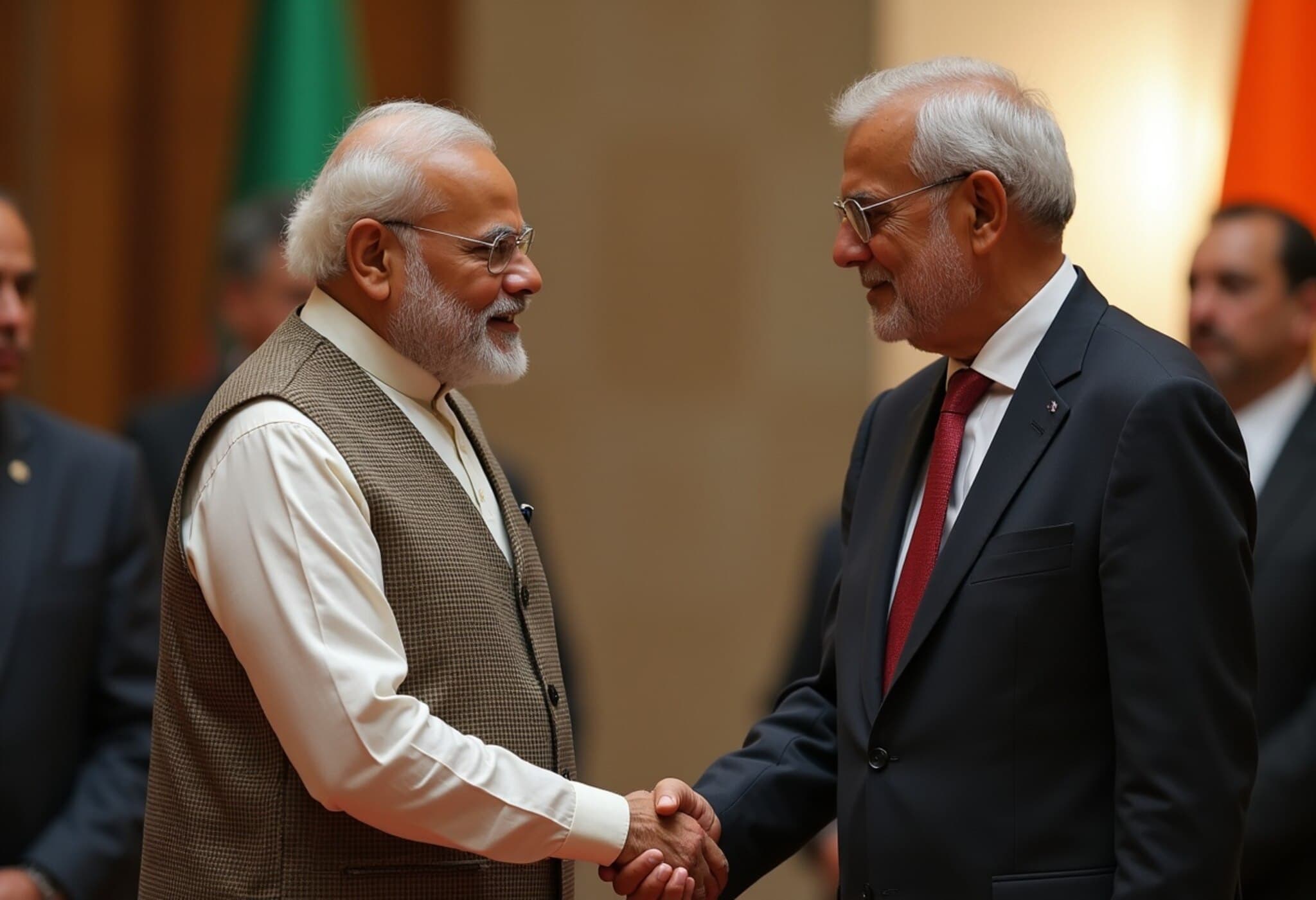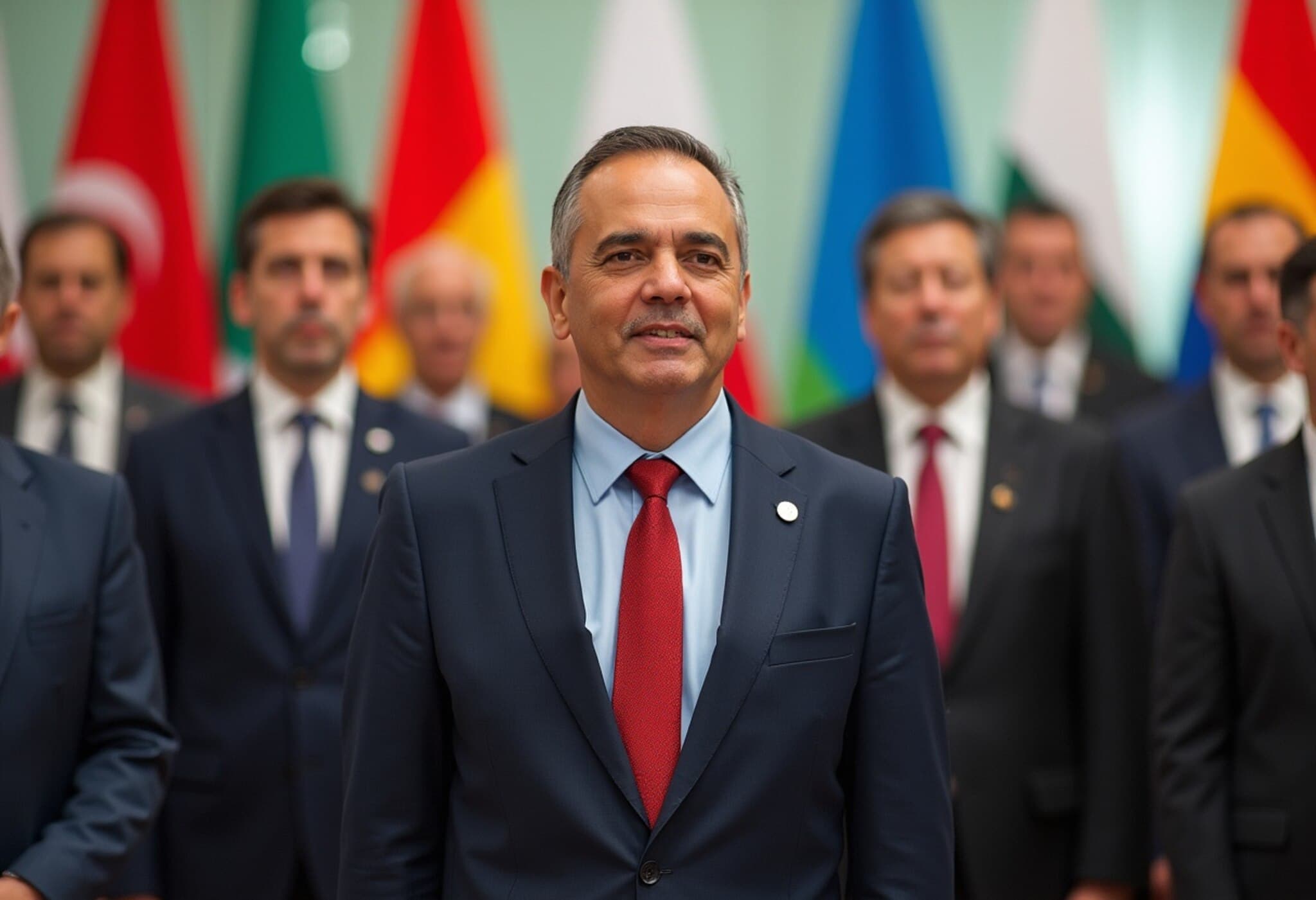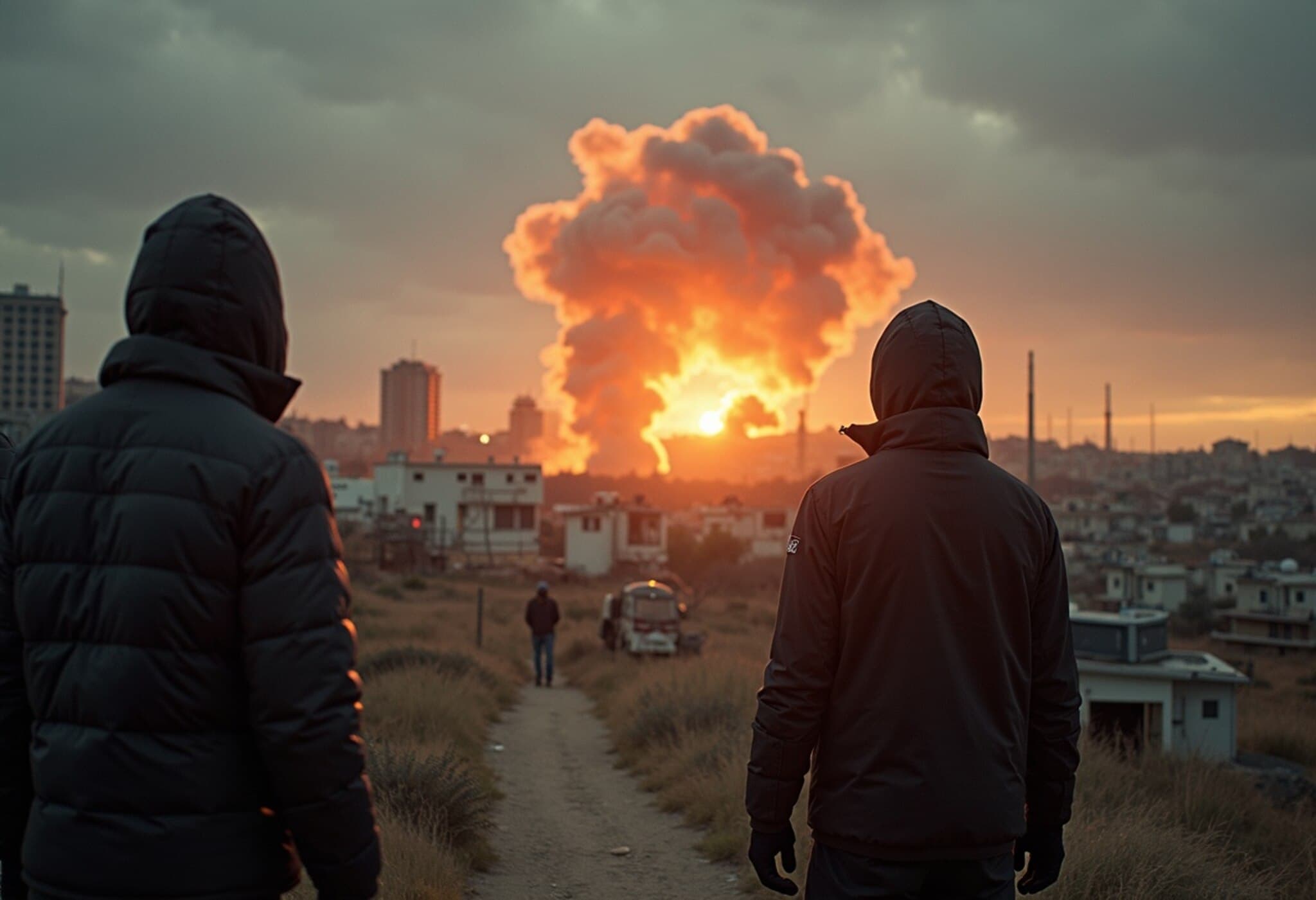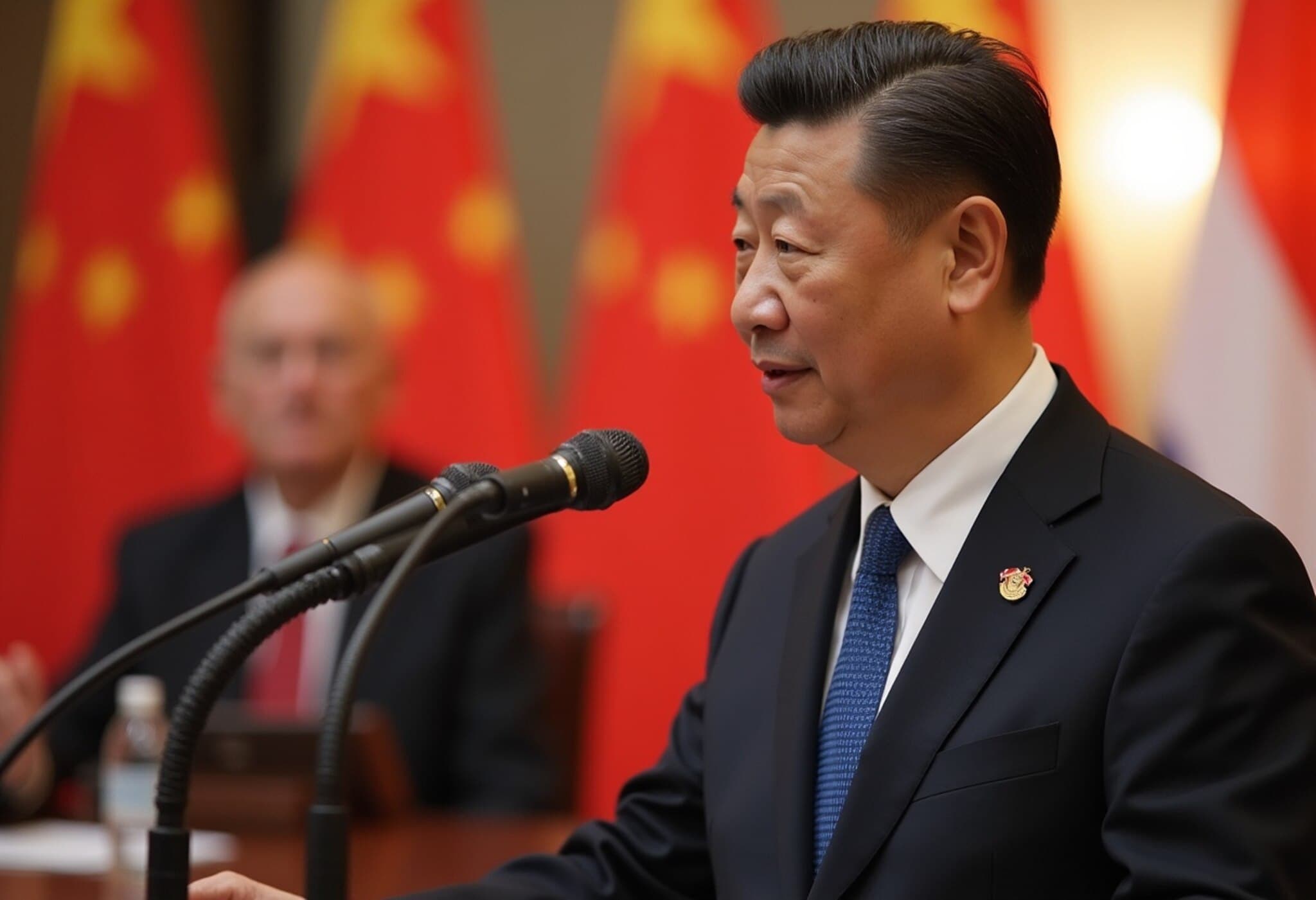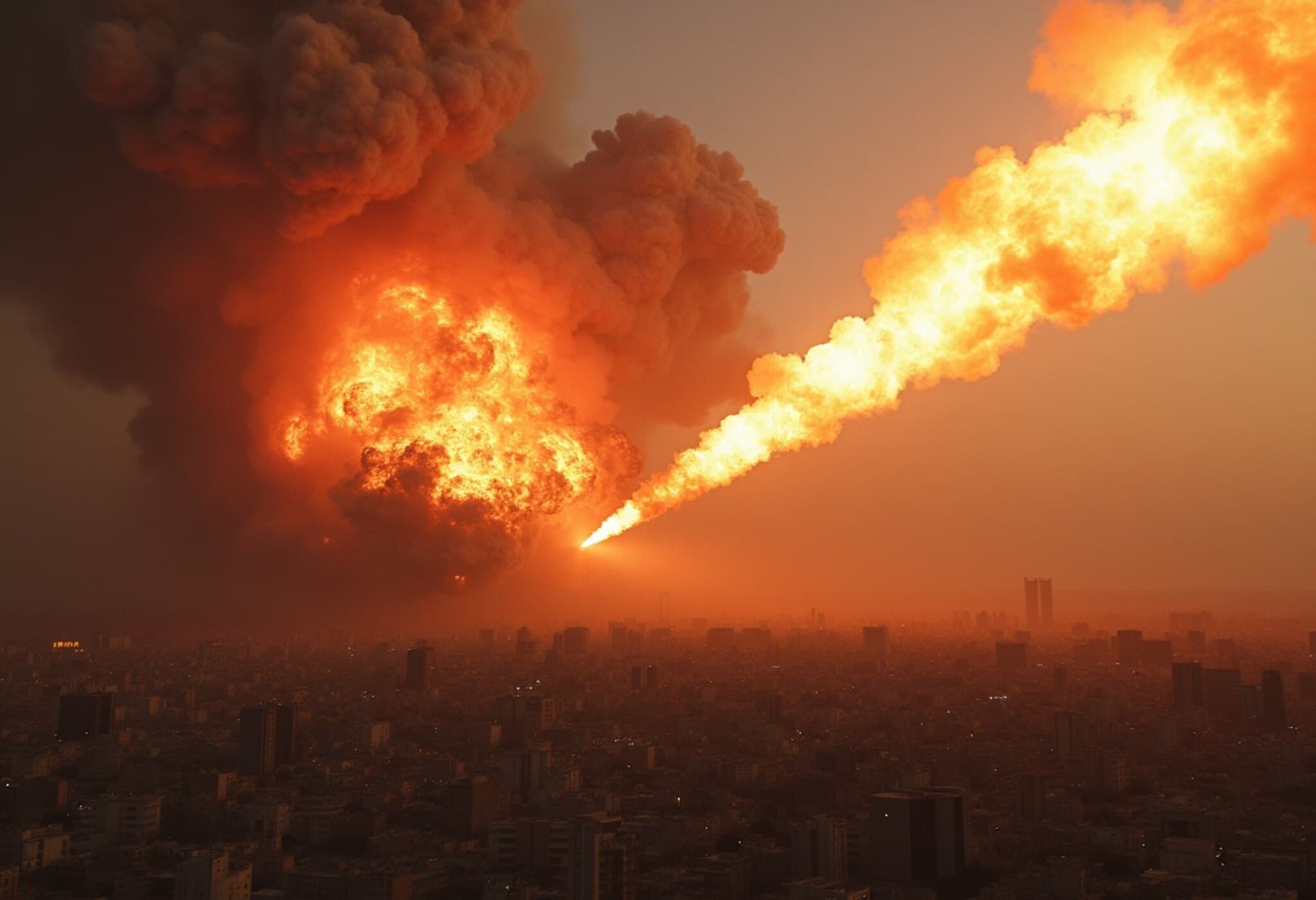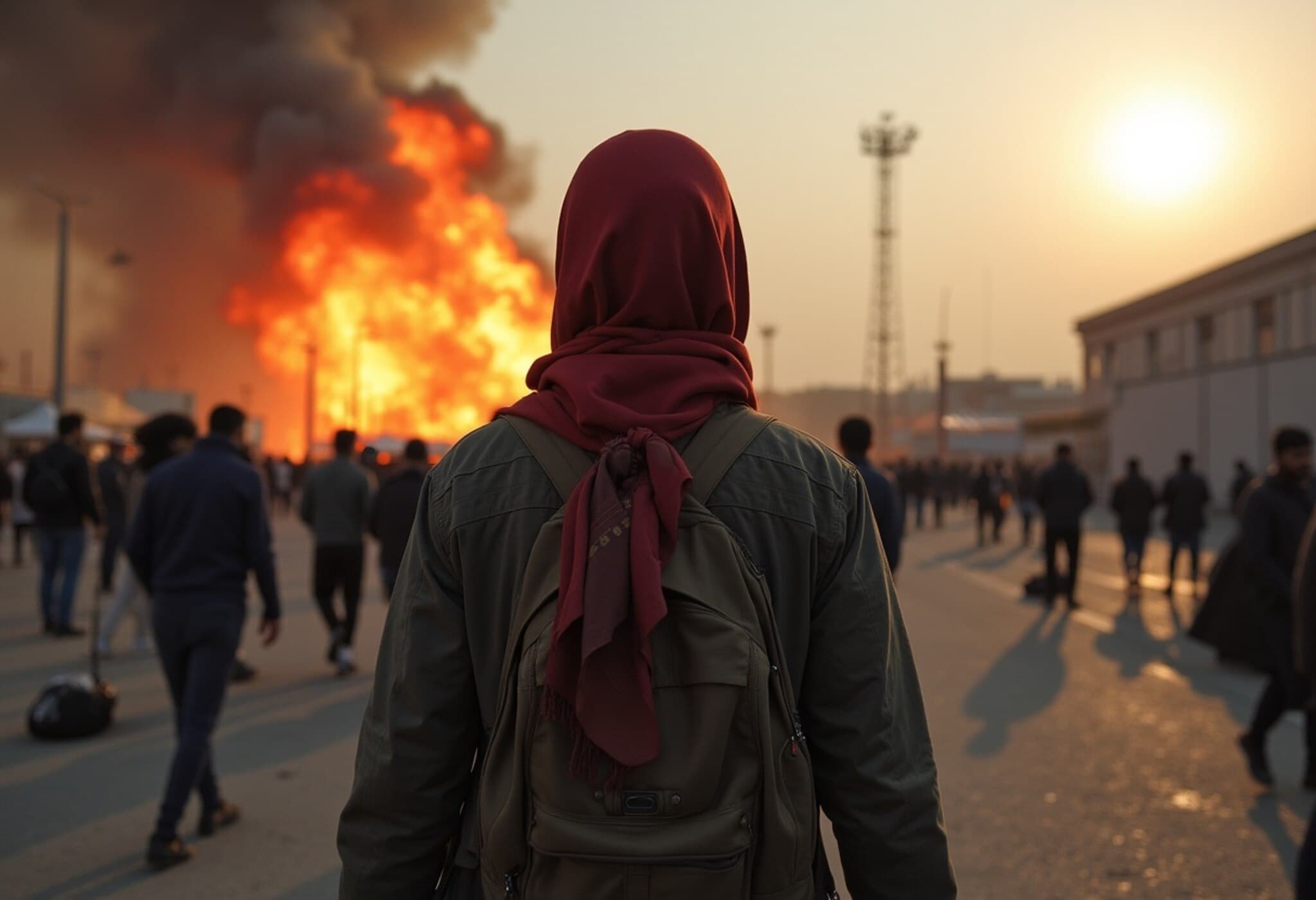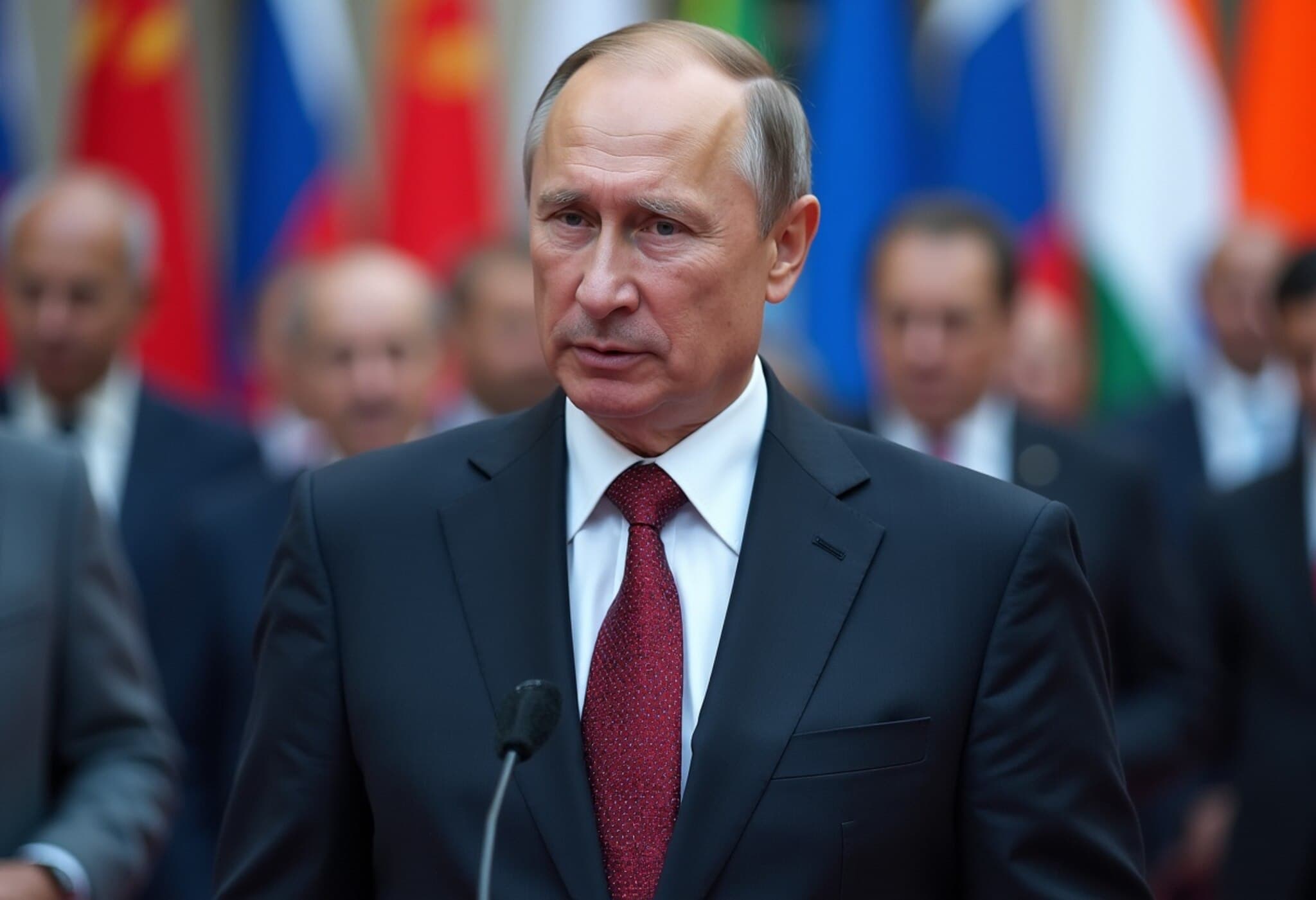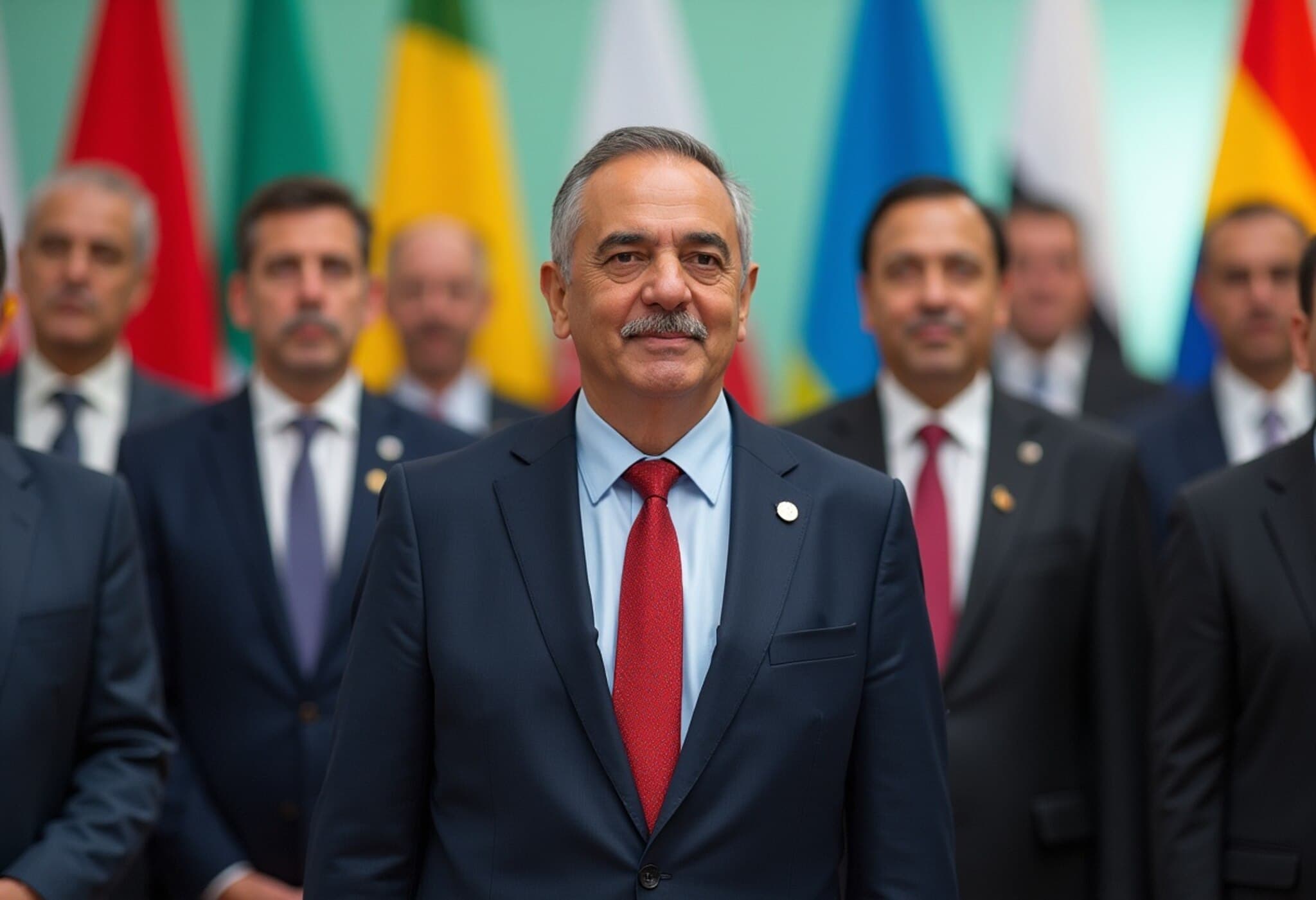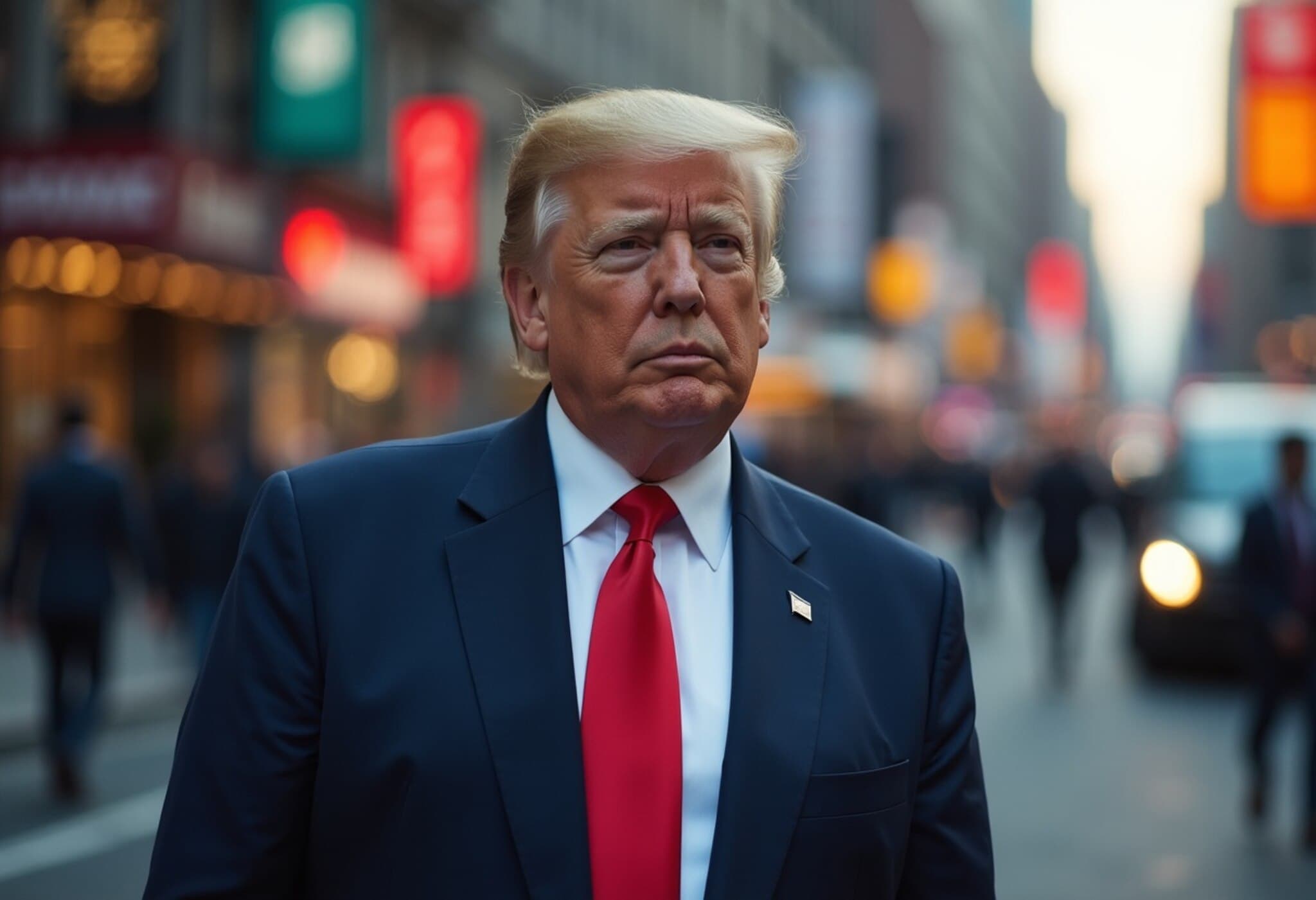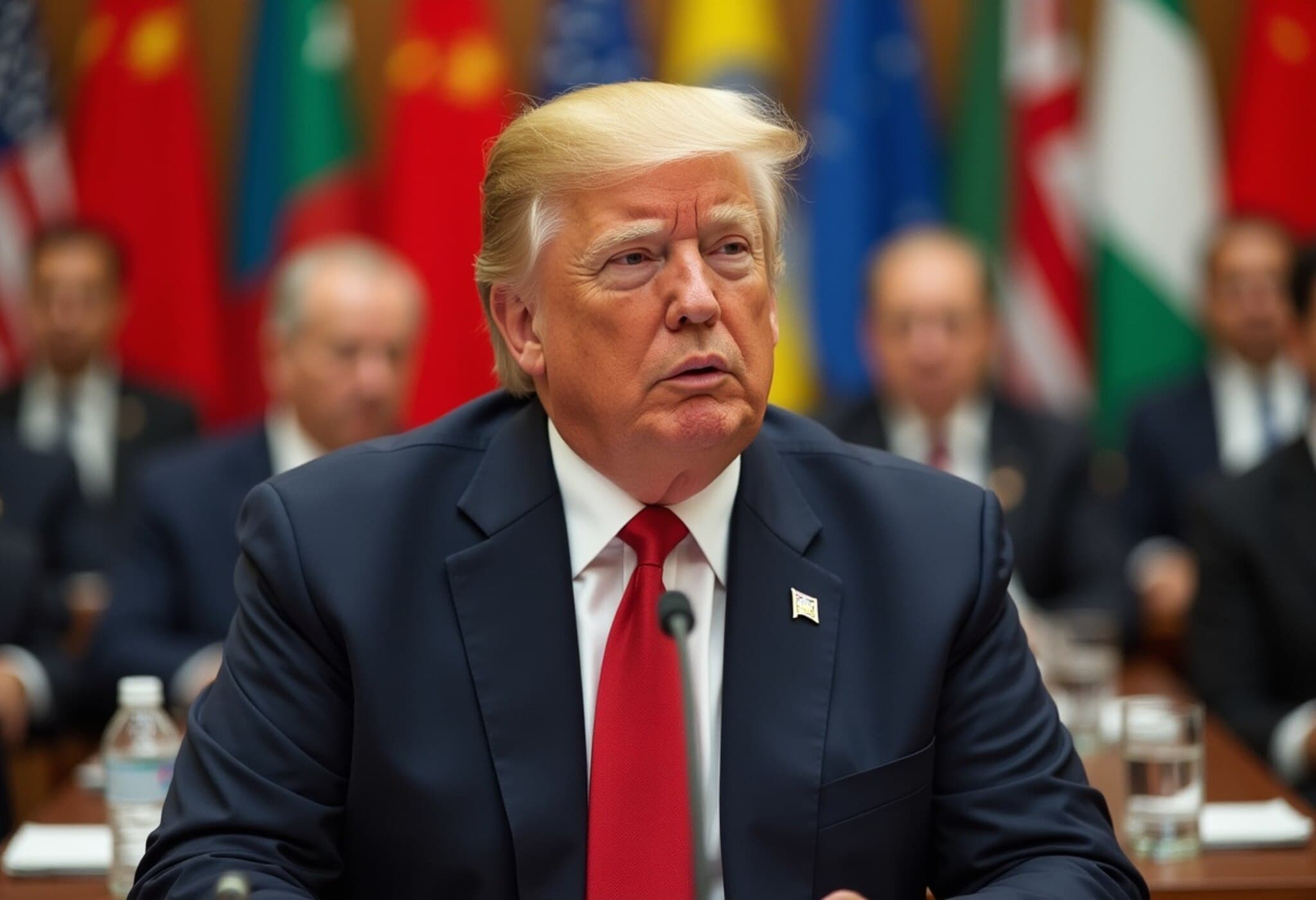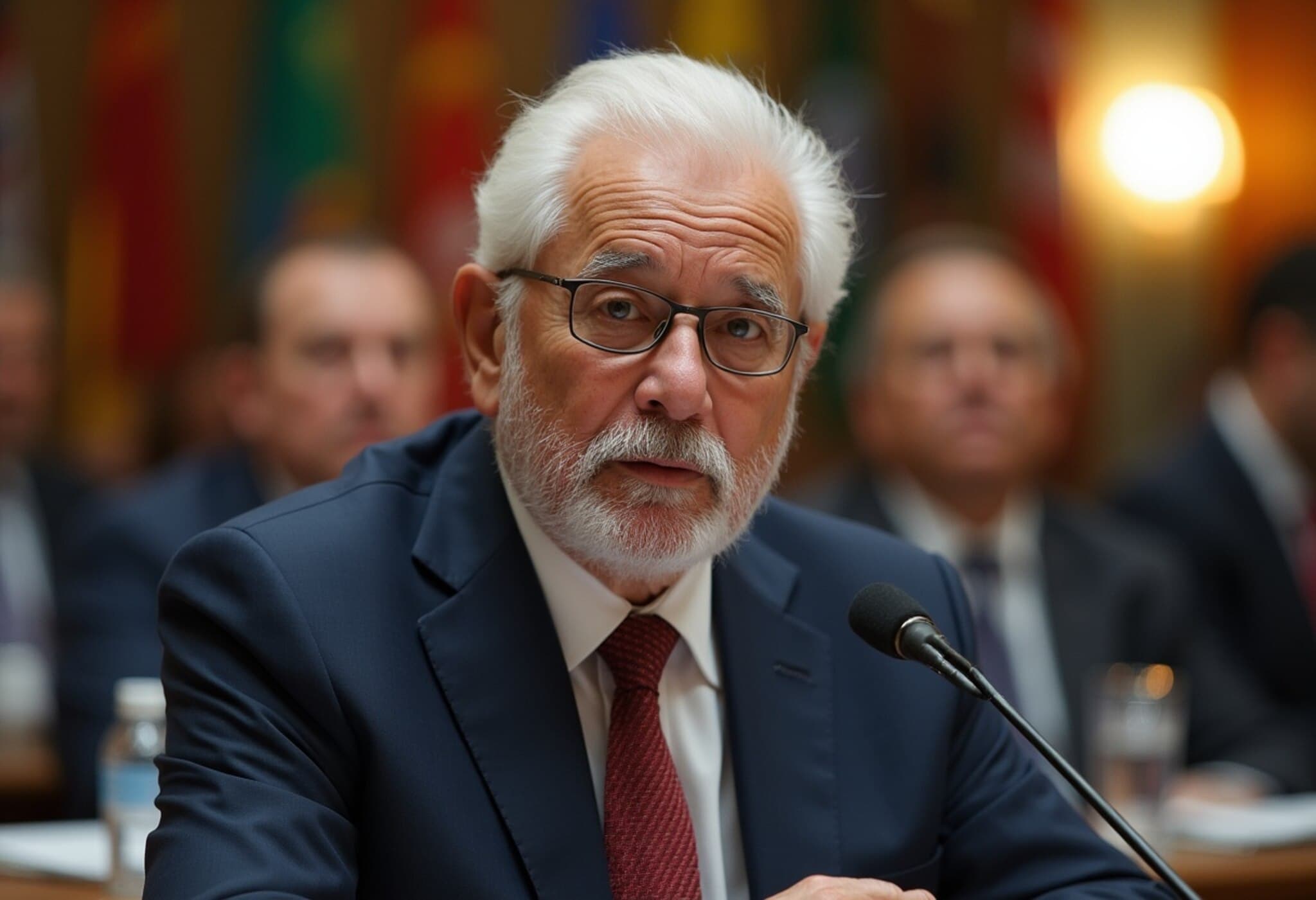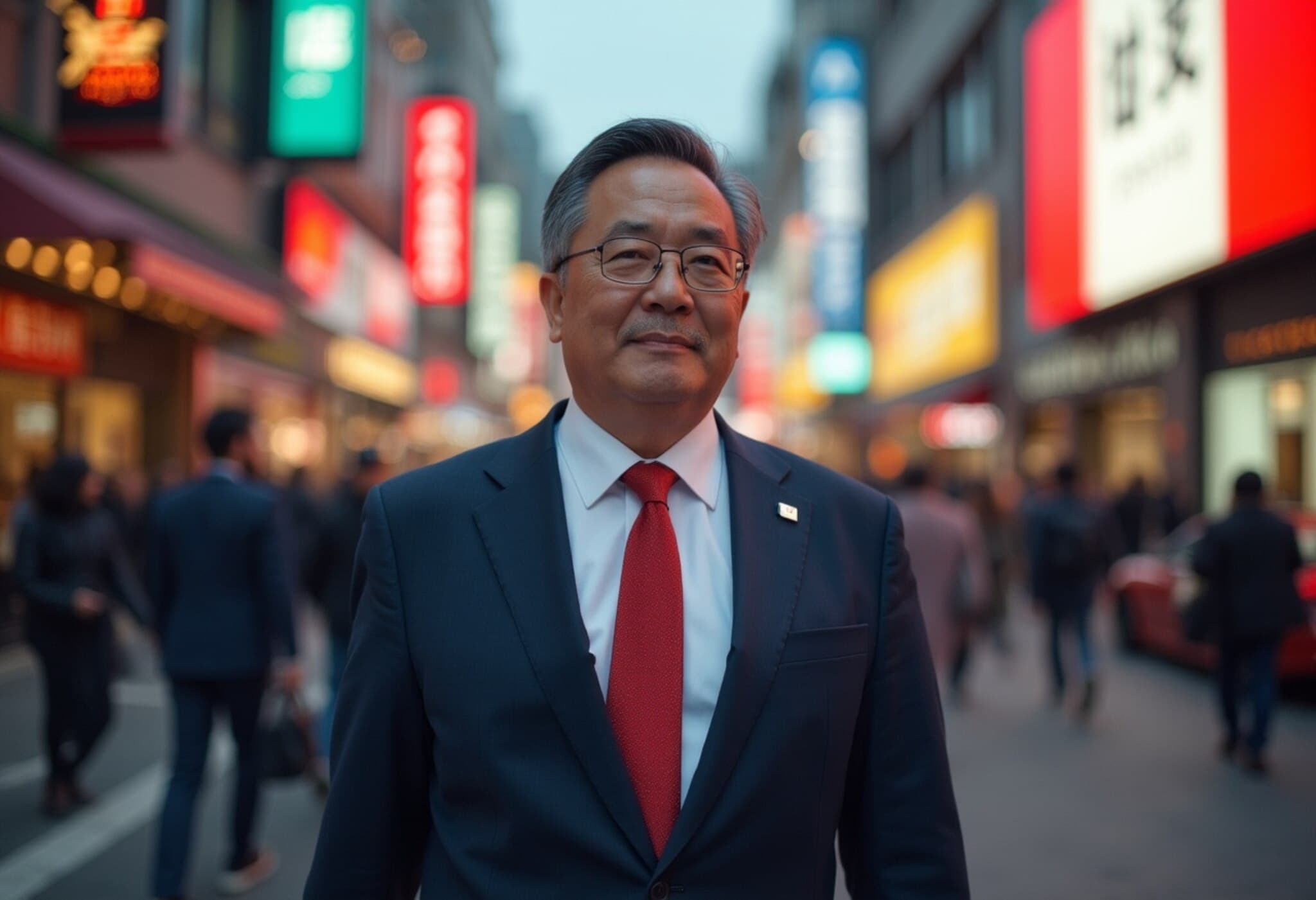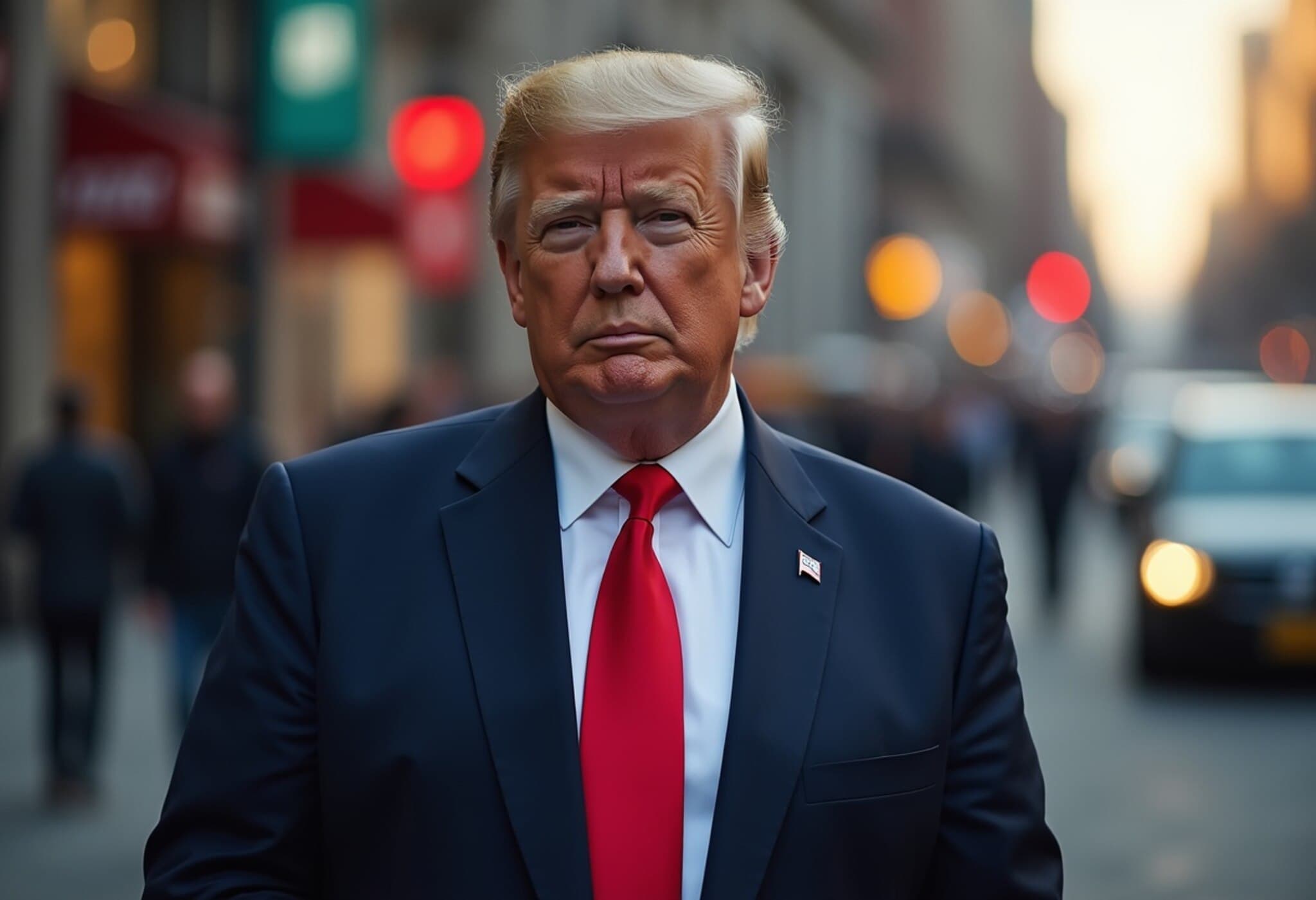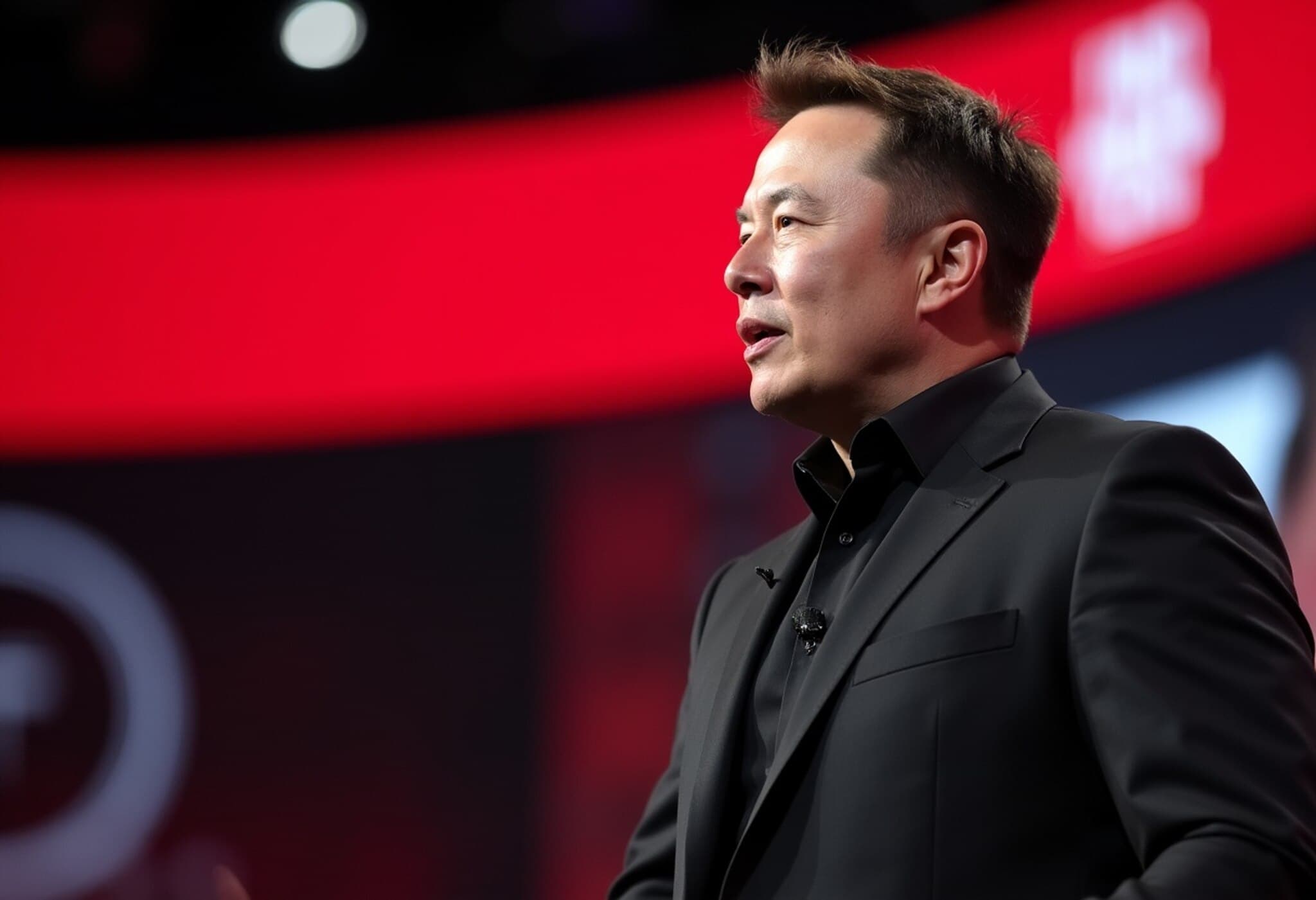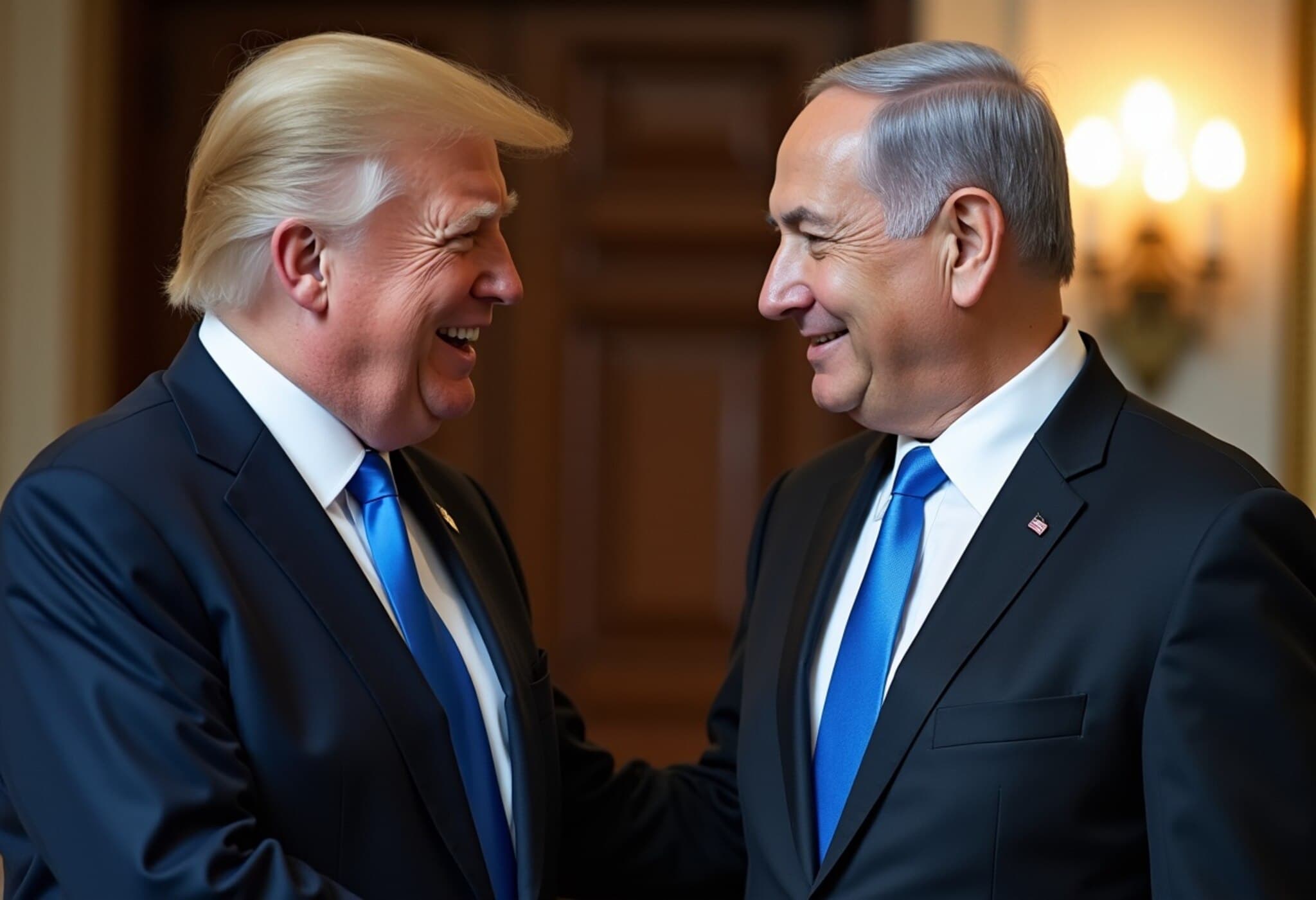India and Brazil Stand United Against Terrorism: PM Modi's Strong Message
During a significant diplomatic engagement in Brasilia on July 8, 2025, Indian Prime Minister Narendra Modi underscored a powerful message shared by India and Brazil: a firm commitment to zero tolerance and zero double standards in combating global terrorism. Addressing the media alongside Brazilian President Luiz Inácio Lula da Silva, PM Modi emphasized the alignment between the two largest democracies on this critical frontline.
Deepening Ties Beyond Security
Prime Minister Modi painted a vivid picture of India-Brazil relations, highlighting that people-to-people connections form an essential pillar of cooperation. "We want India-Brazil relations to be as colourful as carnival, as energetic as a game of football, and connecting hearts like Samba," he expressed, illustrating the warmth and cultural richness binding the nations.
This camaraderie transcends mere diplomacy; shared interests such as sports have fostered deeper collaboration, reinforcing the emotional and cultural fabric tying the two countries.
Strengthening Cooperation Across Multiple Fronts
Beyond the shared stance on terrorism, Modi and Lula discussed expanding partnerships in various sectors including energy, defense, technology, trade, and environmental sustainability.
- Energy and Environment: Modi applauded Brazil's role in hosting COP30, highlighting the new bilateral agreement aimed at accelerating clean energy cooperation.
- Defense Collaboration: Stressing growing defense ties as a reflection of mutual trust, Modi committed to deepening cooperation between defense industries.
- Trade and Investment: The two leaders set an ambitious bilateral trade target of USD 20 billion over the next five years, with Lula expressing a vision to triple trade flows from last year's $12 billion figure.
- Emerging Technologies: Discussions extended to critical minerals, AI, supercomputing, digital infrastructure, and mobility, areas poised for innovative joint initiatives.
- Pharmaceuticals and Health: Collaboration in health and pharmaceuticals was acknowledged as a vital dimension amid ongoing global health challenges.
Recognition and Cultural Diplomacy
Highlighting the visit's significance, India’s Prime Minister was honored with Brazil's highest civilian accolade—the Grand Collar of the National Order of the Southern Cross—presented by President Lula. Modi described the award as a deeply emotional moment, recognizing the shared journey and aspirations of 1.4 billion Indians and Brazilians striving for stronger ties.
The ceremonial welcome included a spectacular 114-horse parade at Brasilia’s Alvorada Palace and a soulful Indian classical bhajan performance, symbolizing the bridging of cultures through respect and celebration.
Why This Partnership Matters Globally
India and Brazil, as leading democracies of the Global South, serve as important pillars of stability amid rising geopolitical uncertainties. Their joint stance against terrorism reflects a broader commitment to uphold a rules-based global order and uphold peace.
Furthermore, with climate change at the forefront, their cooperation in clean and renewable energy signals a forward-thinking approach benefiting humanity at large.
Expert Insight: A New Paradigm in South-South Cooperation
This evolving relationship exemplifies how emerging powers are reshaping international collaboration beyond traditional North-South frameworks. By focusing on holistic engagement—spanning culture, security, technology, and trade—India and Brazil are crafting a partnership that could inspire similar alliances across developing nations.
Looking Ahead: Challenges and Opportunities
Despite ambitious targets, challenges remain. Trade barriers, infrastructure gaps, and synchronizing regulatory frameworks need agile solutions. Lula’s hopeful remarks on expanding Mercosur-India agreements underline potential avenues to overcome these hurdles.
Moreover, with the global security environment evolving rapidly, sustained dialogue and coordination on counterterrorism will be essential in maintaining an effective united front.
Editor’s Note
India and Brazil’s renewed commitment against terrorism and their multifaceted partnership reflect a nuanced and strategic engagement shaped by shared democratic values and common goals. This collaboration is not merely diplomatic posturing but a decisive step toward building resilient alliances in an interconnected world.
As these two nations advance their ties, keen observers must watch how practical implementations of agreements translate into tangible benefits, both bilaterally and globally. Could this model of South-South cooperation redefine international diplomacy in the coming decade? The unfolding story offers a compelling glimpse.

